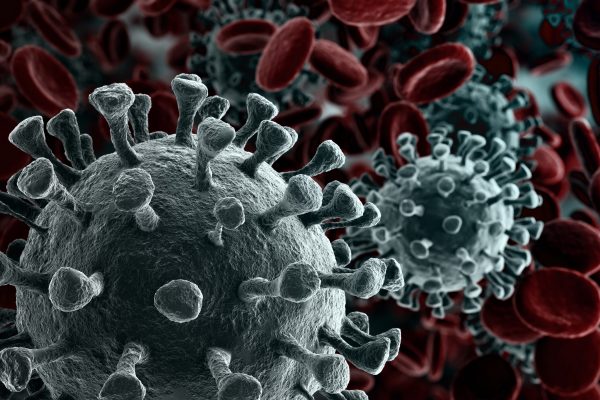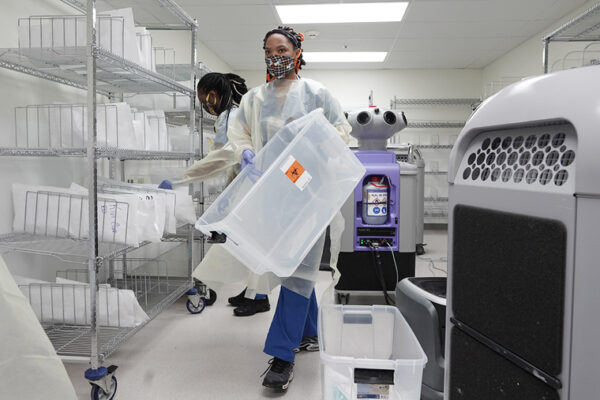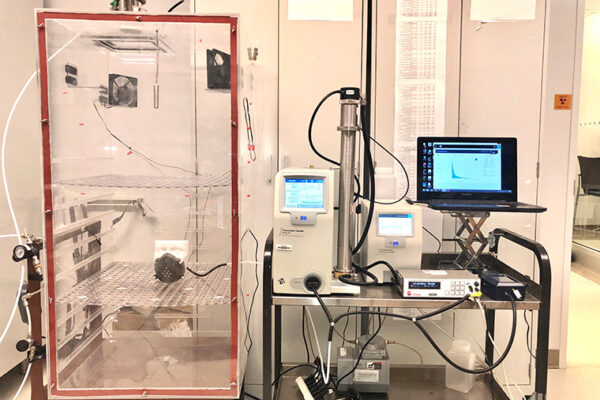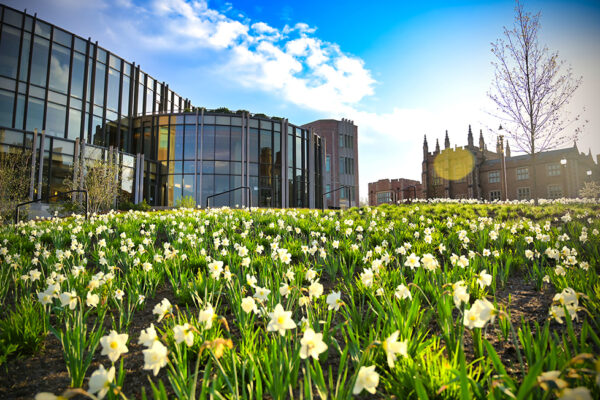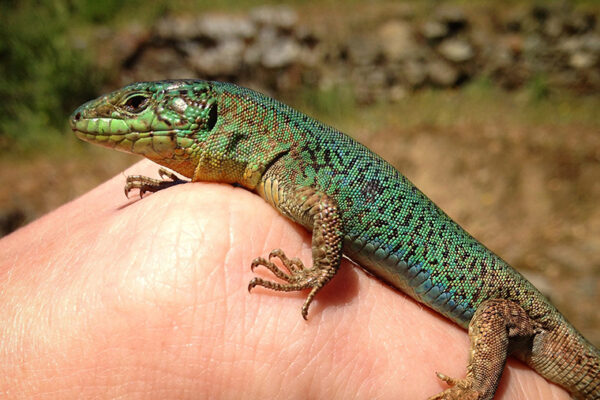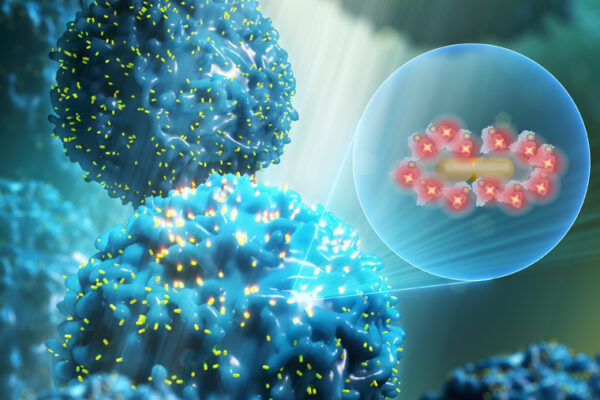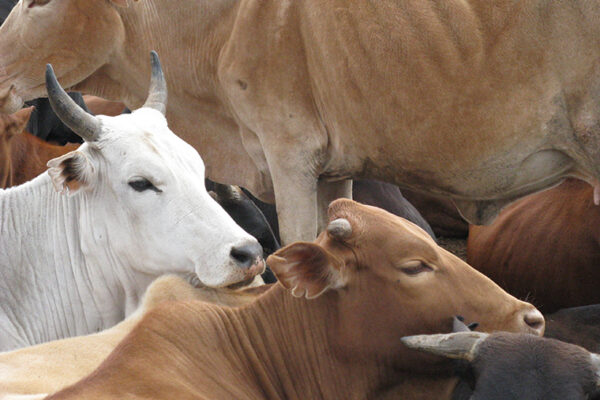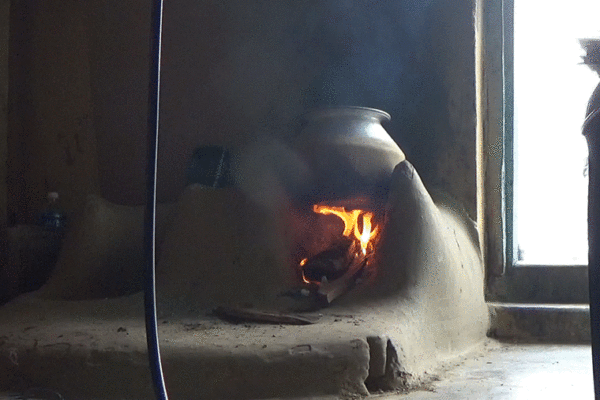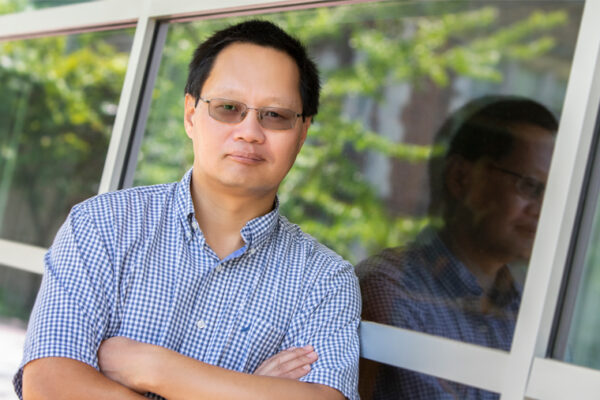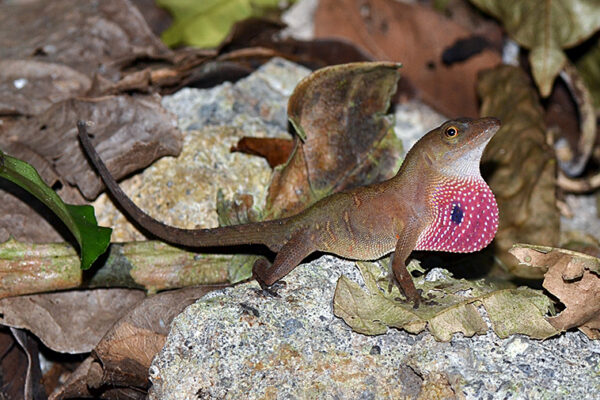Mathematical model predicts COVID-19 hospitalizations for those with underlying conditions
Mathematician Steven G. Krantz in Arts & Sciences at Washington University in St. Louis is using a mathematical tool called wavelets to combat underreporting in the COVID-19 pandemic. His latest model predicts the number of near-term hospitalizations for older adults with one or a combination of underlying conditions: hypertension, cardiovascular disease and lung disease.
Maker Task Force works to protect front-line health-care workers
The COVID-19 WashU/BJC Maker Task Force has emerged as a central hub for St. Louis-area makers to help people in health-care settings stay safe as they care for patients during the COVID-19 pandemic. The multidisciplinary group is working to develop everything from isolation gowns to ventilator replacement parts.
Aerosol researchers at McKelvey School of Engineering tackle novel coronavirus
Aerosol research at the McKelvey School of Engineering at Washington University in St. Louis is working at breakneck speed to understand the novel coronavirus and its effects at scales ranging from ecosystems to virus particles suspended in droplets.
Sustainability doesn’t stop
As the world marks the 50th anniversary of Earth Day, Washington University in St. Louis continues to advance the university’s sustainability and climate change platform, despite pandemic protocol shifts.
Lizards develop new ‘love language’
Free from the risk of predators and intent to attract potential mates, male lizards relocated to experimental islets in Greece produce a novel chemical calling card, according to new research from biologists in Arts & Sciences at Washington University in St. Louis.
WashU engineers to help develop rapid COVID-19 test
Researchers at the McKelvey School of Engineering at Washington University in St. Louis received funding for a new COVID-19 test that is based on brand new technology that won’t require brand new tools, making it easy for clinicians to use.
Milk pioneers: East African herders consumed milk 5,000 years ago
Animal milk was essential to east African herders at least 5,000 years ago, according to a new study that uncovers the consumption habits in what is now Kenya and Tanzania — and sheds a light on human evolution, according to new research from anthropologists from Washington University in St. Louis.
Researchers find organic carbons are also absorbing light — and likely harming people’s health
Researchers at the McKelvey School of Engineering spent two weeks in India cooking with local residents. They found that soot wasn’t the only worrisome byproduct of traditional cookstoves; organic carbons are causing problems, too.
Guan inducted to AIMBE College of Fellows
Jianjun Guan, professor of mechanical engineering and materials science at the McKelvey School of Engineering, has been inducted into the American Institute for Medical and Biological Engineering College of Fellows.
$1.2M grant to study evolution of Central American lizards
A research team led by Jonathan Losos, the William H. Danforth Distinguished Professor and professor of biology in Arts & Sciences at Washington University in St. Louis, was awarded $1.2 million for a CRISPR-based gene editing study of Central American lizards.
Older Stories
